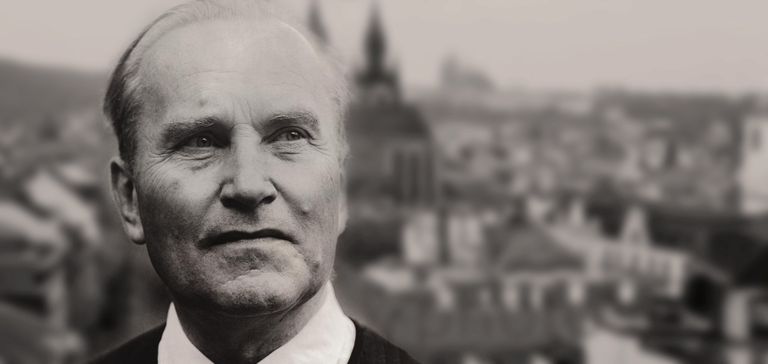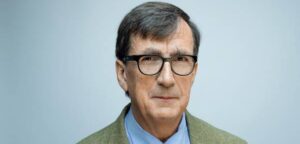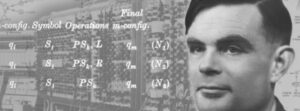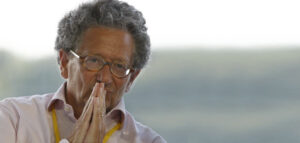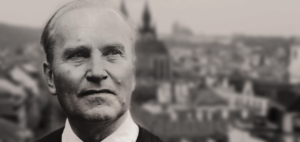Foto: Jindřich Přibík
Jan Patočka was born in Bohemia in 1907. He died in Prague in 1977, forty years ago. He is considered one of the most important Czech philosophers, and one of the most influential philosophers of the 20th century in Central Europe. Patočka´s main themes are subject body, human community, and the understanding of “world.”
In the thirties he studied in Paris and Freiburg with Husserl and Heidegger. Before the Second World War, he returned to Prague. After the war, he refused to join the Communist party, condemning him to survive in the margins of society. It took till 1968, during the Prague Spring, before he was allowed to teach at the university and travel abroad. The Prague Spring did not last long, and the repression that followed would be fatal.
Apart from being a philosopher, Patočka was also an activist. After his professional ban as a philosopher, he initiated an underground university with other silenced intellectuals. No doubt the most well-known participant in these classes was Václav Havel, who later would become president of the Czech Republic. Patočka was their role model, Prague’s Socrates. The themes Havel embarks on in his own work, like the importance of living in truth, men’s vulnerability, and the ensuing political and ecological responsibility, have been directly derived from Jan Patočka.
Patočka is also seen as a key moral and intellectual authority of the ‘Charta 77’ movement. After a clandestine meeting with the then Dutch foreign minister Max van der Stoel, he was arrested and subject to long and exhausting interrogations by the Czech secret service. After one eleven-hour interrogation, he suffered a fatal stroke.
Patočka has helped form the movement that has eventually driven out communism.
The tandem Patočka-Havel have been crucial pioneers of the European reunification after the end of the Cold War – in idea, word, and action.
Like previous “dead” thinkers Spinoza, Rousseau, Kant, and Arendt, Patočka will be honored with a teaching letter for secondary and higher education. It will be published in Dutch.
